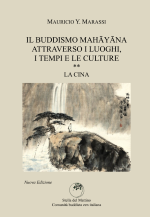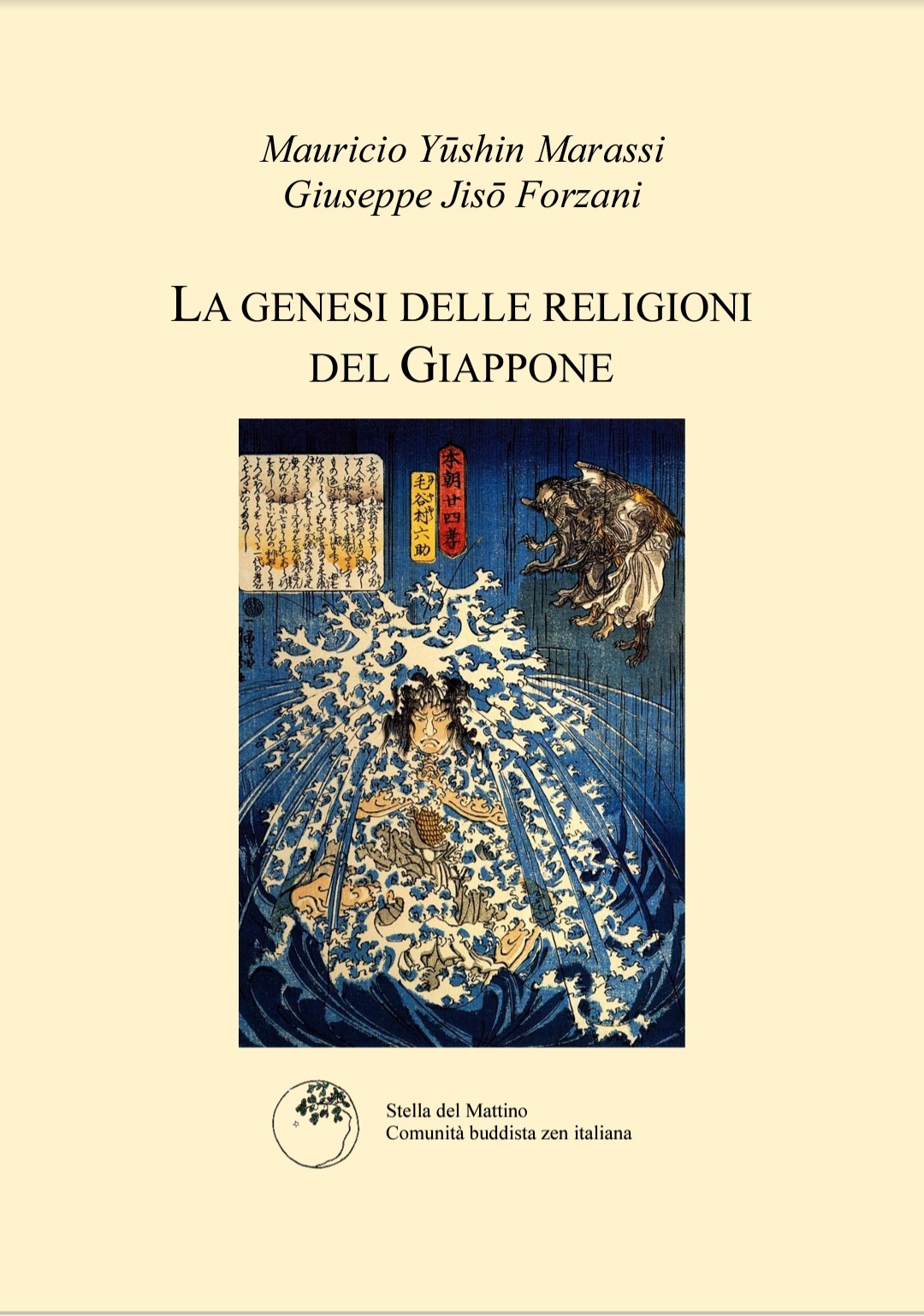It is true that when it is called for, even the offering of one’s beard [as medicine for healing] can bring health into another’s life (18). One child’s offering of sand enabled him to become king in a later generation (19). These examples show unsparing gratefulness, they were people willing to share their strength [wealth] freely, of their own will. Unconditional giving is crossing over (20); it is like providing a boat or building a bridge. We truly practice (21) giving when we use the life we have been given [for the benefit of all]. Fundamentally, there is nothing in making a livelihood or in producing various things for our daily lives that is not giving (22). Entrusting the flowers to the wind and the birds to time, the results of freely giving is the manifestation of unconditional giving (23).
King Asoka gave half a mango to several hundred monks with all his heart. To clarify the truth of his act as a great offering is something for those who are on the receiving end of the giving should emulate through their own practice. It is not just a matter of physically exerting ourselves, we must be constantly looking out for opportunities to offer [ourselves]. Truly, it is due to inherent unconditional giving that we are who we are today.
The Buddha said, “Unconditional giving functions through oneself; of course, when such giving is directed towards one’s family, that is all the better”(24). So, the functioning of unconditional giving for the benefit of oneself is the full functioning of such giving and, unconditional giving to one’s family is also the totality of unconditional giving. Even when our action is one we would normally be expected to perform, if for the sake of unconditional giving, though it involves the loss of only a trifling to oneself, we should be deeply pleased at another’s joy (in receiving the benefit), because it shows that one virtue of all buddhas has been directly transmitted. Moreover, it reflects the practice of one dimension of the bodhisattva spirit.
Notes:
18) [Note in Japanese text] Emperor Taiso during the Tang dynasty is said to have shaved off his beard and, after searing it, presented the ashes to his disgruntled General who secretly had despised the emperor. The ashes of an emperor were considered to be a miraculous medicine. General Li was so struck by the generosity of the emperor that he entirely forgot about his obsession with acquiring power for himself.
19) The second example refers to a child who gave sand to the Buddha when he was out on takuhatsu and became King Asoka 100 years later.
20) Originally, in Sanskrit, paramita meant crossing over. Later, during the To dynasty in China, however, it was translated as ‘having arrived or having crossed over to the other shore’. That is, the perfect tense was used. It came to mean absolute or complete. Practicing the paramitas came to mean the completion of practice. Or, ‘the practice of satori’ or ‘way of satori’. Or, ‘the bodhisattva practive for arriving at satori’. All of the paramitas are practiced for the purpose of living out one’s life more fully while benefitting others.
21)Practice, in Japanese gakusu 「学す」. As a Buddhist term, gakusu or manabu means to practice, not merely to learn in an intellectual sense, but rather to do or function with our bodies.
22) The Japanese expression is chishou sangyou 「治生産業」.
23) The key word ‘entrusting’ here means to desist in abnormally trying to control our life, but rather entrust more to the natural order of things. Rather than tring to prevent this from happening because it might make us look bad or trying to posses this or that because it might give us a foot up on our rivals, etc. There is a lot of room for misunderstanding here. Entrusting should not be interpreted as encouraging irresponsibility or a naïve leaving things to fate. Moreoever, Dogen takes fuse—unconditional giving, out of the realm of human intention. This is something we have to think about carefully. Why is the wind fuse, why is the water fuse?
24) From: the Zoagon-kyo 24 「増阿含経24」There may be times when in order to benefit those around us, we need to take care of something within our own life first. [Alternate translation: “The Buddha said, ‘We ourselves constantly receive the power of unconditional giving. And that giving can be directed towards our family as well’.”]
Se volete, lasciate un commento.
You must be logged in to post a comment.







